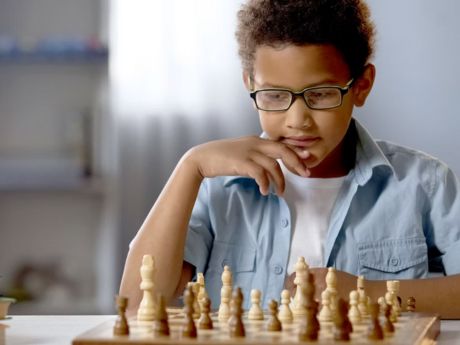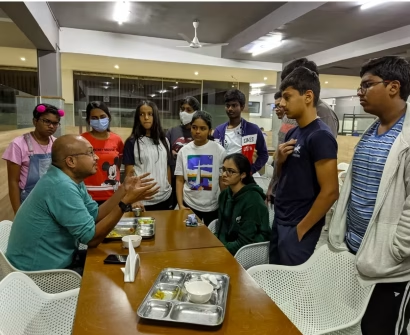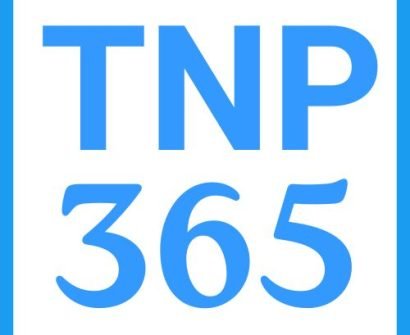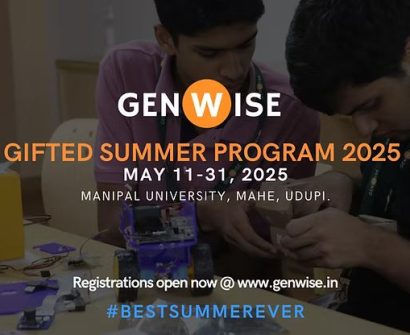Currently Empty: ₹0.00
Many Dimensions of Giftedness: Insights from a Parent Hour with Dr. Bhooshan Shukla

On a quiet Sunday morning, something extraordinary unfolded. Twenty-six families from our Gifted Summer Program gathered not for their children’s classes, but for themselves. Led by renowned child and adolescent psychiatrist Dr. Bhooshan Shukla, this session was a rare opportunity for parents to pause, reflect, and learn how to better support their gifted children.
Why This Session?
Our Gifted Summer Program has been a vibrant mix of high school and college-level explorations in subjects like Astrophysics, Financial Literacy, Computational Thinking, and more, designed for students who crave challenge. While the students have been pushing intellectual boundaries with our mentors, we believe that nurturing giftedness also requires informed and supported parents.
This session with Dr. Shukla was our way of giving parents the space to understand their child’s journey better.
Glimpses from Dr. Bhooshan Shukla’s Session
Dr. Bhooshan Shukla’s deep clinical and educational experience was deeply appreciated by all who attended. He had lovely analogies and examples that brought all the concepts he spoke of to life. Parents were introduced to the idea that giftedness doesn’t show up all at once – it unfolds in stages.
From early bursts of language or music at age 3, to system-level thinking and political savvy in adulthood, Dr. Shukla walked us through the many ways giftedness evolves. One fascinating insight was the role of “anti-social abilities” – a nuanced term describing how gifted teens sometimes see through systems and challenge them. While uncomfortable, this ability to question and deconstruct can be a sign of powerful systemic intelligence.
He also reminded us that memory is essential but not sufficient. True giftedness is marked by intensity of interest, perseverance despite obstacles, and joy in learning. These children don’t wait for a teacher. They teach themselves, driven by curiosity.
As one parent put it, “It is very insightful to understand how the mind of a gifted child works. This helps us open our perspective.”
What Parents Took Away
The most common refrain from parents was how validating and relatable the session felt:
- “The age-specific breakup of gifted talent was extremely relatable.”
- “Understanding the nuances of giftedness was illuminating.”
- “Hearing other parents’ experiences confirmed my own parenting choices.”
Others found the science behind parenting especially helpful:
- “Absolutely great to listen to the science of parenting. This could be a great podcast for any parent.”
- “It gave me a balanced approach to screen time and decision-making.”
And perhaps most importantly, parents walked away not just with information, but with a sense of connection. As one put it: “Very satisfying to hear out like-minded people.”
Questions That Kept Coming Up
A session like this is as much about asking questions as answering them. Here are some of the key concerns parents raised:
1. How do we identify giftedness, especially in areas beyond academics?
Dr. Shukla encouraged us to look beyond grades and observe joy, persistence, and self-directed learning. Giftedness often shows up in writing, music, social insight, or even strategic mischief!
2. How do we support gifted children through adolescence?
Many parents were eager to learn about setting boundaries, supporting autonomy, and unlearning the parenting styles we grew up with. Puberty introduces turbulence even for typical teens, and gifted teens can be especially complex.
3. How do we balance screen time?
The takeaway: not all screen time is bad. What matters is what they’re doing and how present we are as co-learners or facilitators. Dr. Shukla advocated for a thoughtful balance of screens and real-world experiences.
4. Should we let children link career to passion, or steer them?
Parents wondered: is it okay if my child doesn’t yet have a clear career plan? Dr. Shukla reminded us that deep, lasting interest emerges over time, and early over-specialisation can close important doors.
5. How can we handle time and lifestyle balance?
Many of our children today have little to no physical work and have abundant resources and time. Absolute abundance of time and resources is detrimental to a child’s drive and creativity, and eventually make them less resilient as they grow older and encounter all these constraints. They need good quality time to work on their creative pursuits, and very often your brain is being creative and exploring different thoughts while you are engaged in seemingly ‘mundane’ work.
What’s Next?
We’re exploring ways to continue the conversation with Dr. Shukla through future sessions or workshops. Parents also shared interest in case studies, concrete parenting strategies, and more discussion on adolescence and identity.
You can learn more from Dr. Shukla directly by visiting the courses on his website – www.parentacademy.in
We’ll be announcing the next session soon, so stay tuned.
Looking Ahead
It was truly heartening to see the parents of 26 gifted students gather on a Sunday morning to learn, reflect, and grow. We are so glad to facilitate a community where thoughtful conversations like these can happen.
We’ll continue hosting monthly parent sessions featuring incredible resource people, because we believe that supporting gifted learners starts with supporting those who raise them.
Thank you for being part of this journey. More soon!
— Janani & Siddharth, Gifted World



